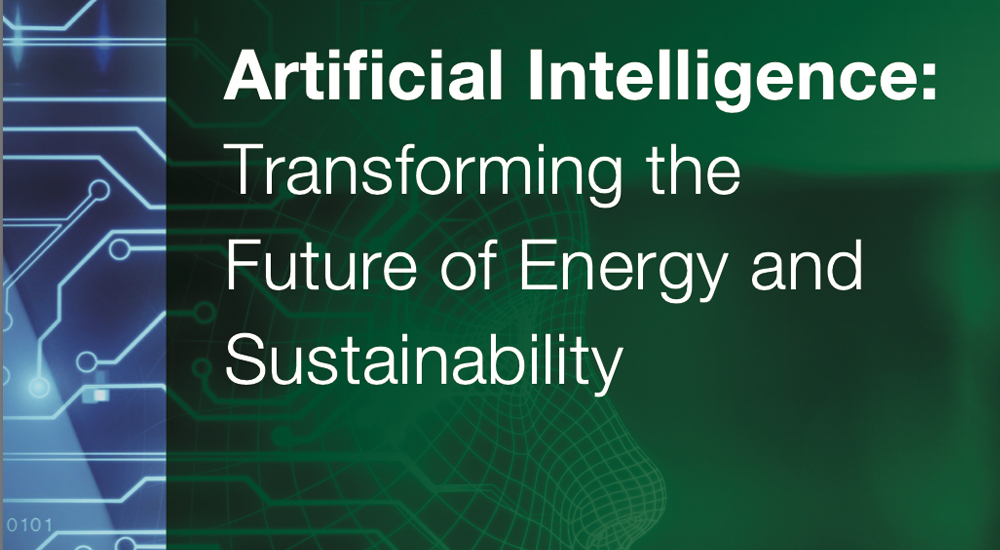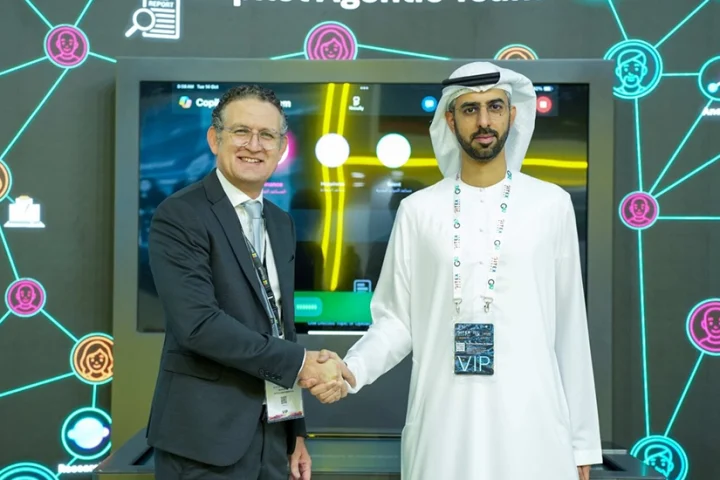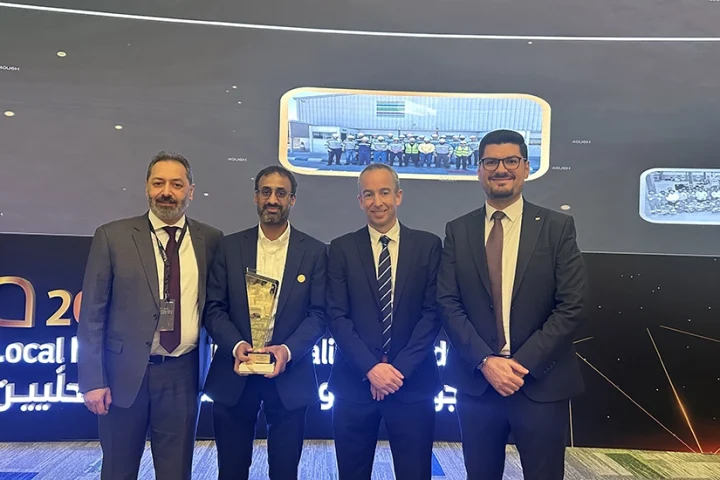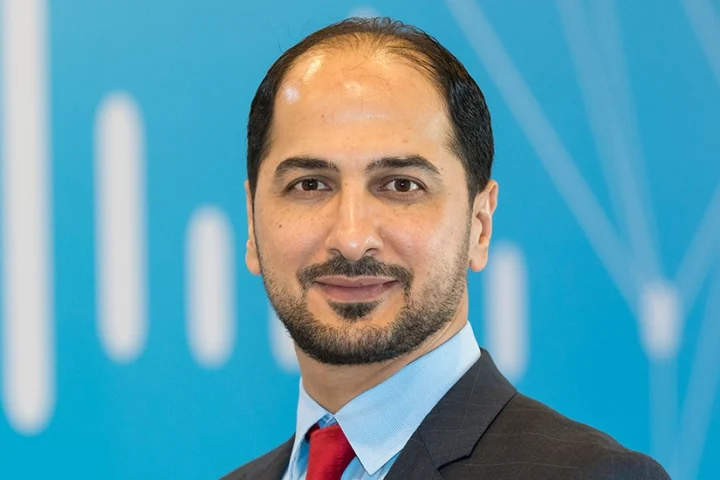Artificial Intelligence, AI, will be a key enabling technology in achieving renewable energy and sustainability targets, according to a report released ahead of January’s 2020 World Future Energy Summit. The report, Artificial Intelligence: Transforming the Future of Energy and Sustainability, is based on a comprehensive literature review of AI’s predicted impact, compiled from almost 70 separate consultants’ reports, journal articles, news articles and analysis, and government documents. It shows AI will be the common factor in sustainability improvements across a wide range of industries, acting as the enabler of other innovations.
Current predictions from PwC suggest that by the end of the next decade, using AI for environmental applications could unlock a $5.2 trillion contribution to the global economy, and at the same time reduce greenhouse gas emissions by 4%.

World Future Energy Summit, hosted by Masdar as part of Abu Dhabi Sustainability Week, a global platform for accelerating the world’s sustainable development, will be held at Abu Dhabi National Exhibition Centre from 13-16 January 2020.
At the Abu Dhabi Sustainability Week’s anchor conference, the Future Sustainability Summit, running from 14 to 15 January 2020, a major topic will be how advances in AI, Big Data, and the Internet of Things can accelerate sustainable development. During the Future Sustainability Summit, attendees can attend engaging presentations on technology and sustainability, such as Renewable Energy and Energy Efficiency Meet AI and Smart Grids’ and It’s All in the Algorithm: Artificial Intelligence Leading Us to a Greener Planet.
While the focus of most business investments in AI is mainly to generate new revenue or cut operational costs, sources included in the World Future Energy Summit report identified sustainability gains as often going hand in hand with financial benefits. Importantly, AI helps to answer the question of how to reduce our environmental impact, while at the same time maintaining economic growth.
Smart cities that leverage emerging technologies such as AI can transform industry verticals and resident experiences, and also enhance cyber resilience for critical national infrastructure.
For water use, AI can contribute to better infrastructure, tackles water wastage at source, and helps lower end consumption, such as by enabling smart farming. In energy, AI can help to manage supply and demand more efficiently, and align energy production, distribution and use more effectively through smart grid technology.
For waste management, AI could supercharge the industry’s ability to separate different materials for recycling, an important step towards achieving the circular economy. AI can also reduce the volume of waste produced, such as for food waste, by better matching how much we use and how much we buy.
The World Future Energy Summit, hosted by Masdar as part of Abu Dhabi Sustainability Week, a global platform for accelerating the world’s sustainable development, will be held at Abu Dhabi National Exhibition Centre from 13-16 January 2020. In 2019, the World Future Energy Summit hosted about 800 exhibitors and 33,500 attendees.
“AI has the potential to accelerate sustainable development in many different ways,” said Dr Alexander Ritschel, Head of Technology at Masdar. “AI can support applications such as battery storage which are helping to integrate variable power sources such as wind and solar more effectively into our electricity grids. Virtual power plants running on AI algorithms are emerging and can improve energy access and electricity trading. Solutions such as autonomous driving are transforming the mobility sector thanks to the use of AI. AI also promises major advances in energy efficiency by making our cities in particular much more responsive to the way we consume power.”
Dr Ritschel added: “The World Future Energy Summit provides an unparalleled global platform to examine the full impact of AI on sustainable development and to participate in this rapidly emerging sector.”






















